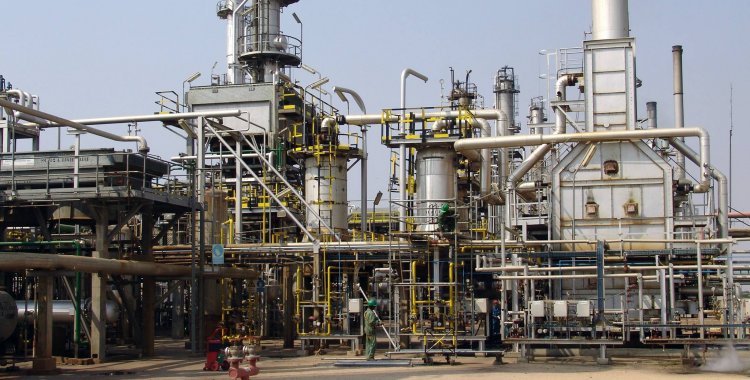According to the study, "Declining Oil States", published on Friday to coincide with the work of the COP28 climate conference, oil and gas producing countries face increased budgetary risks as the energy transition progresses.
The authors believe that demand for oil and gas will decline by the end of the decade, eventually in 2025, resulting in a drop in prices exacerbated by excess supply.
The report warns that this will leave a significant hole in public finances in many producing countries, limiting the ability to deliver public services and threatening internal stability.
In a list of 40 countries, Venezuela (1st position) and Timor-Leste (4th) are among the most vulnerable countries due to the high potential for tax revenues to plummet if demand and, consequently, income from oil exploration and natural gas decline, a risk aggravated by national financial fragility.
In these countries, public finances depend entirely or almost entirely on oil and gas revenues, which could be more than 80 percent lower than expected.
In Africa, Equatorial Guinea (7th) and Angola (11th) are among the African countries most susceptible to a drop in income from that industry because at least 60 percent of the budget depends on the sector, whose revenues could contract by more of 70 percent.
Guy Prince, an analyst specialized in oil and natural gas and co-author of the report, considers it positive that we are seeing an acceleration of the energy transition.
But he highlighted that this scenario was joined by a worsening of the financial situation of many oil-producing countries since the covid-19 pandemic due to the increase in public debt.
"This highlights the urgency with which many of these countries need to address economic diversification, moving away from their dependence on fossil fuels", he highlighted, speaking to Agência Lusa.
According to Prince, Angola is an example, which "was trying to leave the category of least developed countries, but continues to have a great dependence on oil and gas to which it is exposed because it is a very volatile market".
Timor-Leste is "an interesting case because its current reserves are quite small compared to many of the other oil and gas-dependent countries and are in decline," he said.
"With production in sharp decline, the country finds itself at a crossroads – either diversify the economy or become more dependent on oil and gas, risking a future drop in revenue," he warned.
In relation to Mozambique, this country is still classified in the study as an emerging oil state, since large projects in this sector are still under development.
Mozambique has the largest natural gas reserves in the north of the country, but exploration was delayed due to the terrorist attacks in Cabo Delgado.
The analyst considers it "very risky to embark on these projects now, given where we are with the energy transition and all the signs that oil and gas will decline."
The report from the Carbon Tracker study center suggests some risk mitigation strategies, namely economic diversification, the expansion of tax revenues, the reform of subsidies and sovereign wealth funds.
The authors also emphasize the importance of international support, referring to schemes such as 'Beyond Oil and Gas Alliance' and 'Just Energy Transition Partnership', which aim to accelerate the decarbonization of economies and the transition to clean energy.







